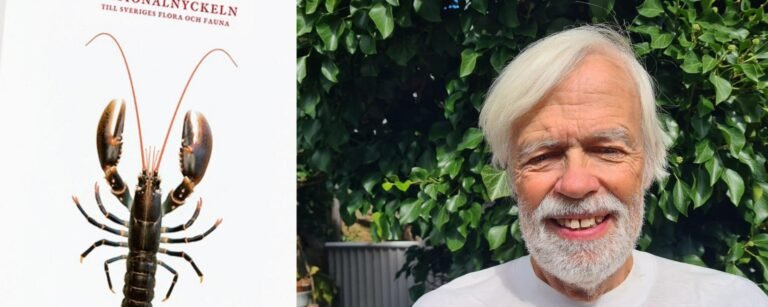
Trade wars and shifting global dynamics signal the end of the world order shaped in the 1990s, argues Lund University economist Fredrik NG Andersson. He warns that focusing only on short-term effects of tariffs, particularly under Donald Trump and later Joe Biden, risks overlooking deeper structural change. Rising competition from China, reduced globalization, and a growing role of politics in markets point to a new global order. Andersson notes that history shows eras never return; instead, they are replaced by new conditions shaped by technology, economy, and politics.
Source: Lund University






